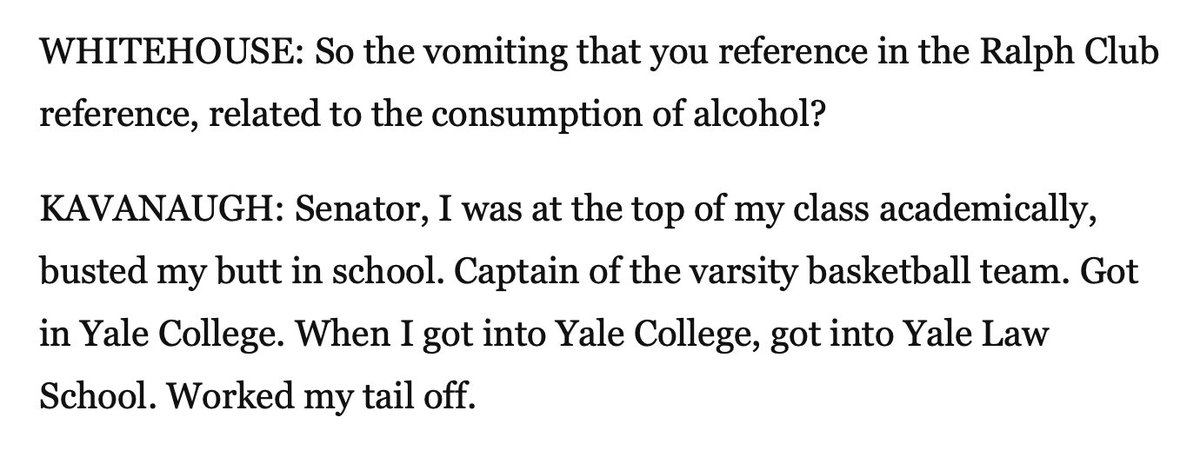The Democratic Party is considering de-emphasizing or eliminating #superdelegates, which are heavily criticized for being small-d undemocratic, which they absolutely are. But please consider this defense of this essential protection against populist demagogues. /1
Lots of things have changed since the Founders founded, but their deep-seated fear of the damage a populist demagogue could do to a democracy remains absolutely valid. Hamilton's Federalist Papers are riddled with warnings from top to bottom. /2
Federalist Paper 1 featured this warning: "[O]f those men who have overturned the liberties of republics, the greatest number have begun their career by paying an obsequious court to the people; commencing demagogues, and ending tyrants." /3
Federalist Paper 10: "Men of factious tempers, of local prejudices, or of sinister designs may, by intrigue, by corruption, or by other means, first obtain the suffrages, and then betray the interests, of the people." /4
And the last Federalist Paper, 85, warned us to be on guard "against hazarding anarchy, civil war, a perpetual alienation of the States from each other, and perhaps the military despotism of a victorious demagogue." /5
One way America largely avoided victorious demagogues was through its political parties. As our politics quickly evolved into a two-party system, the control each party had over its nominees stayed firm for more than 150 years. /6
Not until the 1970s, when caucuses and primaries started to dominate, did individual voters begin to truly determine who their nominees were. And that's a good thing, no doubt about it. But it's possible to have too much of a good thing. /7
After antiwar Democratic Party nominee George McGovern went down to a 1-49 state loss in 1972, the Democrats added superdelegates to the mix in the early 1980s, restoring some of the control the party's leaders had over the organization's nomination process. /8
The hope was that the party would never again nominate a single-issue candidate who would suffer such a crushing (and foreseeable) loss. (Note that the hope of #superdelegates' leading to more wins was not borne out in their first test, Mondale in 1984…) /9
But #superdelegates can be said have a more general purpose: They exist to make sure that a party does not nominate an inappropriate candidate of any stripe. /10
In one set of circumstances, #superdelegates exist to keep from nominating someone who will lose a winnable race. But perhaps even more importantly, it's to keep from nominating someone *who could very well win* but would be dangerous: a populist demagogue. /11
Once Trump began winning in 2016, there was nothing the GOP could do to slow or stop his momentum. The party had no defenses against his demagoguery. This despite his brand-new membership in the Republican Party, and his lack of adherence to very many GOP principles. /12
GOP leadership knew full well they were in the process of nominating a grossly unqualified & temperamentally unsuited candidate for the presidency – they said so out loud at the time – but they could not avoid it. /13
And so the Republican Party failed in one of its primary jobs: To nominate suitable candidates for office. Had the Republican Party had #superdelegates in 2016, the result could have been very different. /14
The GOP may be all lined up behind Trump now, but if this administration comes crashing down in a morass of legal and ethical disasters, the GOP might do well to re-examine whether #superdelegates could help them avoid creating this kind of problem in the future. /15
Should #superdelegates be taken out of the Democratic Party processes? No. They should be added to the Republican Party's. /16/F
• • •
Missing some Tweet in this thread? You can try to
force a refresh





